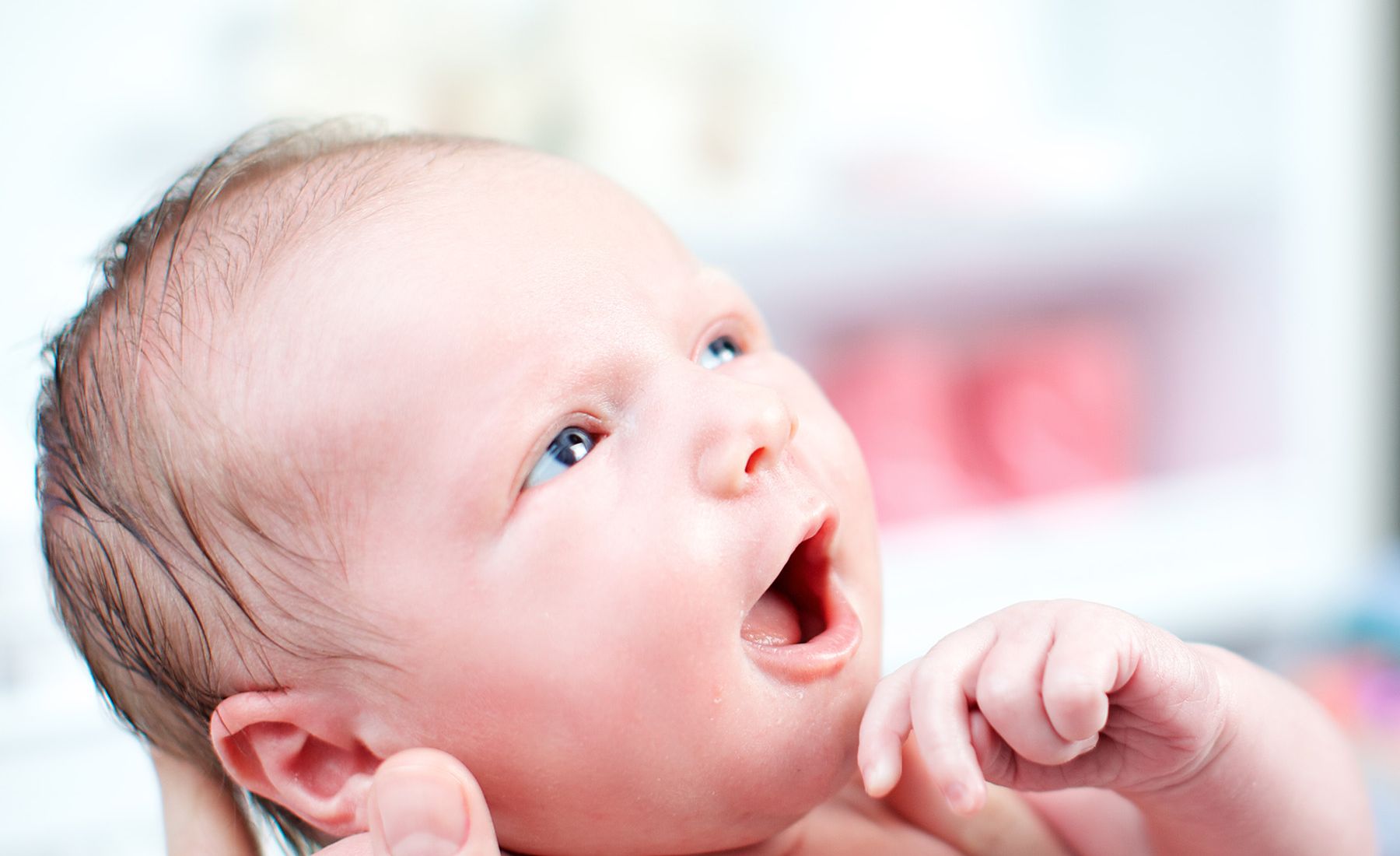
Babies
Moving together, playing and making contact with your baby for optimal development. We teach you to exercise playfully with your baby.
In infants, treatment is for a large part their posture, handling and playing advice for parents. Children between the ages of 0 and 2 are often treated at home. A good bond and attachment between parents and their child is an important prerequisite for optimal development.
Prematurity Aftercare
In our practice, we find that extra care for infant is important. Kids who are born (much) too early are more prone to problems in their development. We pay particular attention to learning the body language and communication of young children. In this way we can properly assess what the baby can and cannot handle at this time.
<32 weeks ToP
In collaboration with AMC in Amsterdam our practice in Maastricht offers an environment and support program for preterm infants <32 weeks after discharge from the hospital: the ToP program. Transmural Development Support for premature born children and their parents. More information can be found here.
32-37 weeks
We also offer follow-up care for premature babies born between 32-37 weeks. These children sometimes have problems with change of posture and movement, making contact, and learning a sleep rhythm. An important goal for us after all the worries of the first weeks or months, to help you get to know your baby well, learning to play together, to move and trust your child. Developmental care even after discharge from hospital. We observe and examine your child at home, make a plan together and give parents advice on handling, playing and sleeping.
Preference Asymmetry Skewed Head
Many young babies lie on one side with their head in the first few weeks, through which they quickly have a preferred position and a flattening of the head occurs. Mostly lying on their back, instead of left or right, is also a preferred position and can also cause flattening of the head.
The pediatric physiotherapist can help with exercises and advice to reduce these preferred postures and promote optimal development.
Through plagiocephalometry we can measure how severe the asymmetry or flattening of the head is. At the age of 6 months, through this measurement, it can be determined if the skull deformation will be restored sufficiently over the course of time. Plagiocephalometry is a non-invasive method which involves using a thermoplastic strap to make an accurate impression of the head’s circumference. On this strap, the positions of the nose and the ears are marked. The strap is then copied onto paper so the exact head measurements can be made.
Hip dysplasia
Pediatric physiotherapy in babies and young children with dysplastic hip development can be a good addition to the treatment by the pediatric orthopedic surgeon.
The treatment process and duration of treatment varies for each child and each deviation, but many parents are also worried about the motor skills development. We observe and examine your child at home, make up a treatment plan and give posture, handling and playing recommendations for optimal development.
Crying baby
The ever crying baby can make a parent very uncertain, but also desperate. The first few months you will want to cuddle and make pleasant contact, but if your baby cries a lot then this is more difficult. The pediatric physiotherapist, together with the parents, looks to see when the baby cries, if there is a reason for the crying, and what the baby needs. We try to break the pattern and emphasize the positive moments, especially with the parents. Fun contact and playing together is important for a good parent-child bond.
Bum Shuffling
The pediatric physiotherapist examines whether there is a reason for the constant moving on their bum. In most cases there is no question of a disease, but a habit. A bum shuffling baby may become frustrated, because they may have trouble going from a sitting position to a standing position. The pediatric physiotherapist can guide you and your child to break this pattern.
Lagging Motor Skills Development
Playing develops baby’s senses and motor skills. This usually happens naturally, but in some children it takes longer or the development is slower or different.
If you have questions or doubts, you can apply for a child’s examination to determine the motor skills development and, if necessary, to set up a treatment plan and to practice.
